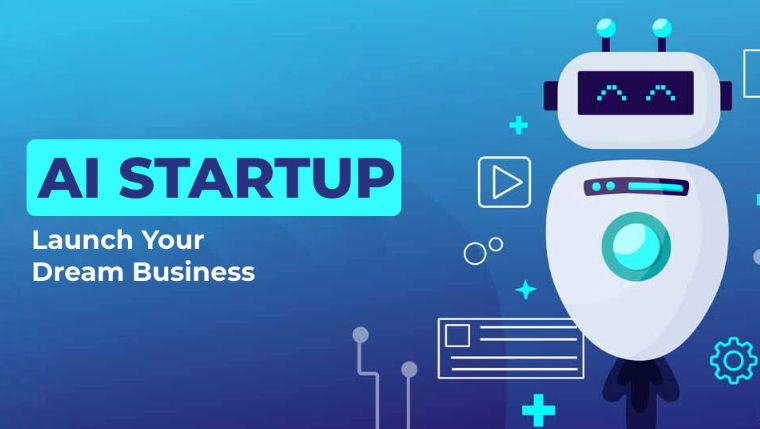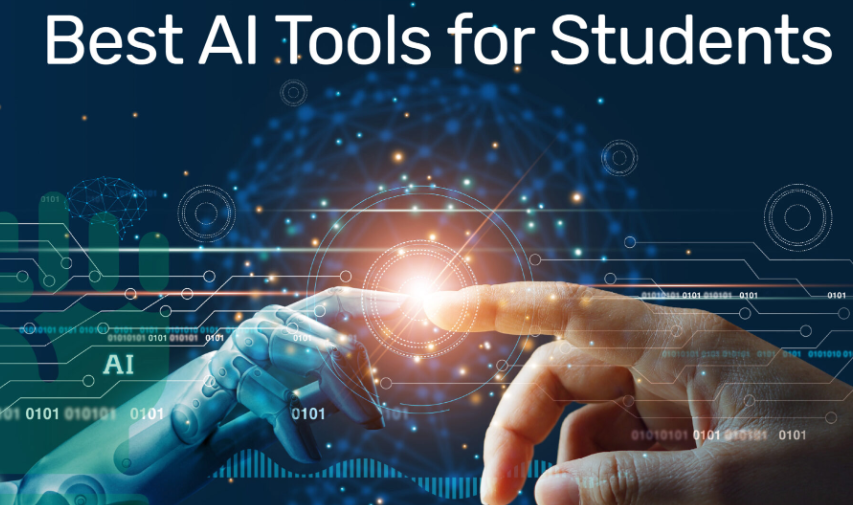Important Skills For Generative AI Engineer: A Practical

Admin
AI Research Analyst | 18 February 2025Table of Content












Do you want to become a generative AI engineer but don't know where to start? This is a common issue that many beginners face at the beginning. Is generative AI engineering a good career path for you? Many questions come to mind, but there’s one simple solution: research.
However, sometimes we don't gather enough information through proper research. In this blog post, we will take a detailed look at the important skills in generative AI engineering. We will also discuss the factors you should consider when deciding whether to choose this path or not. If you start now in 2025, when can you expect to learn it? Let's cover everything.
Who Is a Generative AI Engineer?
An AI engineer is a special person who creates advanced data from existing data. For example, they program the computer in such a way that it can automatically generate new data.
How Does Generative AI Engineer Works?
Select Tool & Get The Information
First, the computer program is used for a specific task. Then, all the information is collected, after which the information is filtered out, and the useful information is prepared. Next, that information is used further.
Feed Computer
Finally, the filtered information is provided to the computer. Then it determines how to process this existing information in a better way.
Quality Control
After that, the quality of the new data is checked, keeping in mind whether what the computer generated is useful and if it aligns with expectations.
Making it Accessible
This entails creating simple buttons and screens such that common people can just utilize these smart computer programs.
Staying Current
AI experts keep on learning new and better ways of making computers smart, like staying current with the news.
Being Responsible
This entails being careful and making sure the technology is good for people and not hurtful.
Skills Needed For Generative AI Engineering
Beginner-level skills
Python Basic Fundamentals
AI is the backbone of this field, & you must know Python because it is the simplest and primary language that is considered basic as well as at the top in this skill. In coding, it's not just coding that matters; clear and concise coding is important. For this, understanding the fundamentals of Python is the most important thing to consider.
Modern engineers now use Jupyter notebooks for experiments because, in this field, the basic meaning is to generate new data from existing data.
Recent developments emphasize understanding probabilistic modeling and Bayesian methods. Engineers should grasp concepts like gradient descent, backpropagation, and loss functions. The field now focuses more on efficient learning methods that require less data and computing power.
Machine Learning (ML)
After learning Python, machine learning is typically learned, which covers the basic building blocks of AI. If you study machine learning, you'll get an idea of how a computer learns from its own data. Many AI models are based on this concept, which allows them to learn new data from their existing data. There are three types of learning included in this:
1. Supervised Learning: In this, the model learns through examples.
2. Unsupervised Learning: In this, the model learns through different patterns.
3. Reinforcement Learning: In this, the model learns through trial and error.
New data is generated for the benefit of people, but sometimes it happens that people's requirements are the same, yet they want different outcomes. Modern engineers generate models in such a way that they can produce different outcomes. (It's a modern approach).
Deep Learning
AI has been revolutionized by deep learning. Neural networks are computer systems that are designed after the human brain, and engineers need to comprehend them. Understanding various network architectures, such as CNNs (for image processing) and RNNs (for sequential data), is part of this.
Transformer architectures are among the most recent developments and are now essential for natural language processing. It is now crucial to understand self-supervised learning and attention mechanisms. Effective training techniques and lower processing demands are also key components of contemporary deep learning.
Mid-Level Generative AI Engineer
These are the middle-level skills for a generative AI engineer. It explains the understanding of different generative models. For example, GANs create realistic images, while VAEs are used to gather structured data. Recently, diffusion models have been developed that show remarkable results in image generation. Therefore, it is essential to understand stable diffusion and control nets in this context. Engineers are trained here to understand text-to-image models.
Engineers know how to properly package your code for other users to use (e.g., Docker) and are at ease using cloud computing for larger projects. You develop excellent code that is usable and understandable by others. Among your responsibilities include building new AI models from the ground up, improving existing ones, configuring data systems, and assisting in the training of junior engineers. Like a chef managing their own station in a kitchen, you can take charge of small assignments.
Senior Level Management
Technically advanced skills as well as leadership capabilities become important for senior engineers. Your level of expertise should rise to the theoretical codes and research assistance abilities of generative AI technology. New architectural designs and training methods include part of their responsibilities. Scalable production-quality AI systems require system architecture expertise that enables proper design for handling real-world system requirements.
Practical leadership becomes essential because team mentoring alongside project management demands must be developed. Advanced AI comprehension requires extraordinary abilities to communicate difficult ideas to both technical and non-technical people.
It is essential to maintain business acumen for professionals who want to understand both business metrics changes due to AI solutions while identifying new business opportunities. As an AI system advances in its maturity, the Engineers need to show proficiency in ethical development to guarantee fair and responsible AI outcomes.
Challenges For Generative AI Engineer
Provide Accurate Information
Never rely on it for proper information. People consider ai provide correct information and its not true. AI does not provide correct information always, it sometimes provides incorrect information, and its normal, so when someone says ai provides correct information remember that it's a myth about generative AI.
Technical Integration Challenges
Organizations face big challenges when they try to implement generative AI systems within their current business operations. Organizations need to pay close attention to integration techniques for these models relative to their existing systems.The platform needs good API management and enough resources to work well when many people use it at the same time. Recent integration advancements comes with better solutions to the market while management companies continue dealing with growth problems along with maintenance needs.
Data Managment And Quality
AI output excellence directly mirrors the level of training data utilized during its development. All organizations have to address ongoing challenges when collecting and cleansing appropriate datasets and sustaining them properly. The management of data faces challenges because of privacy issues along with imbalances in data in addition to updates that must be applied frequently. Current approaches place a strong emphasis on maintaining robust data governance frameworks and acquiring a variety of datasets.
Resource And Cost Considerations
Running generative AI systems requires substantial resources and leads to high implementation costs. Businesses must allocate resources for computer power systems in addition to storage space as well as expert professionals with specialized skills. While some implementation costs are reduced by modern technological advancements, business-level adoption necessitates a significant financial investment. Organizations need funds to buy and maintain essential infrastructure and conduct continuous system optimization, as well as pay for routine maintenance.
Ethics And Safety Concerns
Organizations must come to AI output management as an important step to make sure proper results along with safety. Companies should use advanced monitoring platforms which make sure that dangerous, biased content stays off-limits during functions. The deployment of responsible AI depends on human management because recent safety improvements have not stopped the need for human management.
Conclusion
No doubt a generative AI engineer can earn a lot with their skills. Because the era of AI is here, and if someone chooses this field by 2025, they will benefit a lot in the future. Right now, if 70% of businesses are using AI, then hopefully by 2030, everything will depend on AI.


